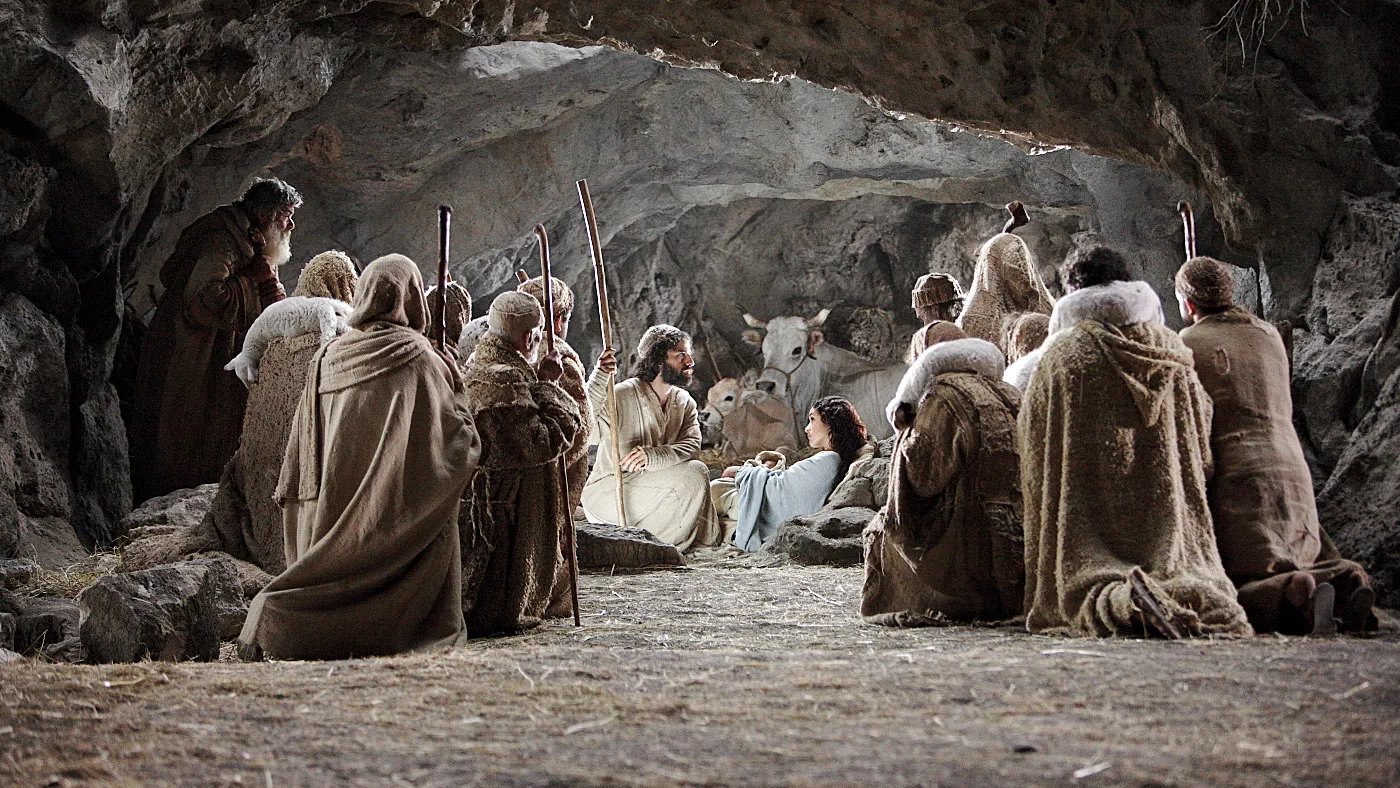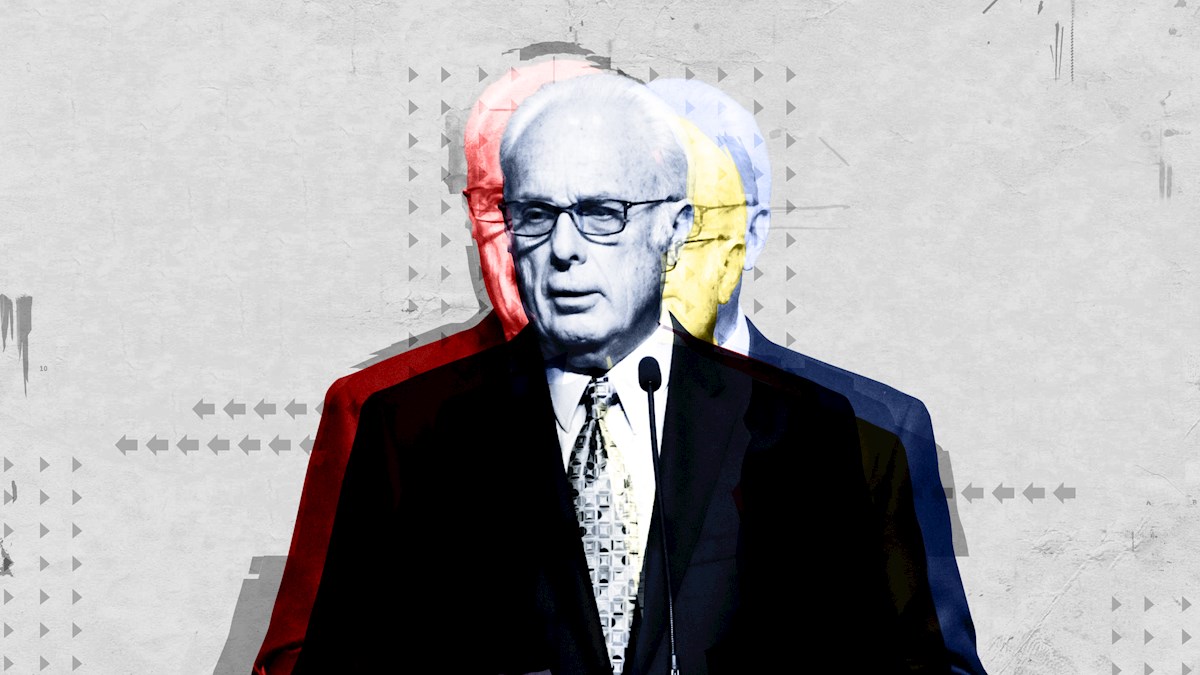Theology
July 21st, 2022
From our perspective, it is spiritually dark in our day. However, the truth of God in Christ has already so illuminated the world it is beyond our ability to comprehend just how dark it was on the day Jesus was born.
Read More
December 1st, 2021
Is the evangelical church in America breaking apart? A revival of Christian truth and love will be the work of the Holy Spirit, not politics.
Read More
October 21st, 2021
What is real? What is right? What is lovely? Human beings ask these kinds of questions because we long for at least three things: truth, goodness, and beauty.
Read More
September 14th, 2021
From Eric Metaxas’ hot new book: An atheist materialist can’t even admit he has a mind, so how he can tell us the way the world works?
Read More
March 29th, 2021
I’ve been thinking a lot on the fact that Jesus was born in a cave. Here is an expanded version of an article I wrote which was published last week at The Stream website: If you have set up your nativity scene by now you probably put the figures in a quaint, wooden stable.
Read More
November 17th, 2020
Americans who identify as Christian are redefining Christianity, ignoring the historical distinctives of the churches to which they belong, according to the latest results from the American Worldview Inventory 2020—the seminal national research project undertaken by the Cultural Research Center at Arizona Christian University. Source: STUDY: 44% of Christians believe Bible ‘ambiguous’ on abortion; Over a third believe it’s …
Read More
October 13th, 2020
Darrin Patrick, a megachurch pastor, speaker, and author, died earlier this year. According to Seacoast Church, a multi-site megachurch in South Carolina where he was teaching pastor, he died of what appeared to be a “self-inflicted gunshot wound.” A longtime friend of Patrick noted that pastors often don’t know what to do when they struggle. Source: What does the Bible...
Read More
December 19th, 2019
By: Shane Pruitt – shanepruitt.com – November 3, 2018 Christmas truly is the most wonderful time of the year, because it calls our attention to one of the most beautiful teachings of Scripture – the Incarnation of Christ. When you realize the incredible truths behind the reality that God came and dwelt among us, it can’t help but impact the way you...
Read More
October 31st, 2019
By: Jim Denison – denisonforum.org – October 31, 2019 If Halloween is supposed to be frightening, the holiday came early for me last night. The Nationals defeated the heavily favored Houston Astros last night to bring Washington their first World Series title since 1924. As a native Houstonian, watching my team lose was painful. But the Nationals are a great...
Read More
October 29th, 2019
By: Jen Pollock Michel – christianitytoday.com – October 24, 2019 At his church’s recent “Truth Matters” conference, John MacArthur was asked to give a knee-jerk reaction to a series of words. The first was a name: Beth Moore. “Go home,” MacArthur answered to the uproarious laughter of the crowd. Predictably, social media exploded with responses to both castigate and defend MacArthur...
Read More
 Listen Online
Listen Online Watch Online
Watch Online Find a Station in Your Area
Find a Station in Your Area











 Listen Now
Listen Now Watch Online
Watch Online
